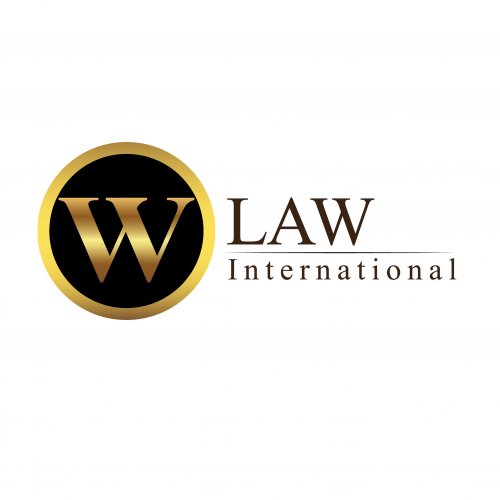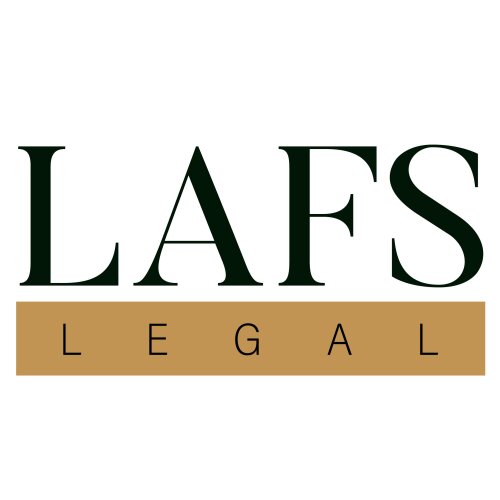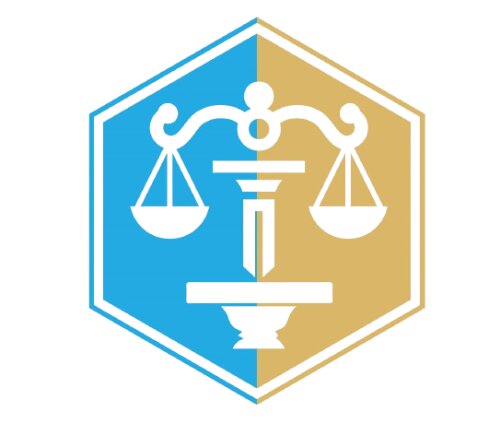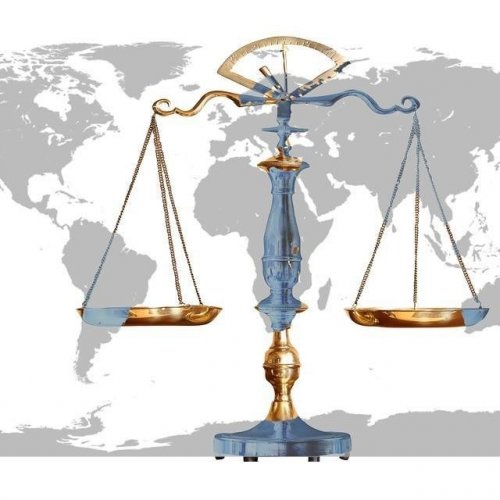Best Estate Planning Lawyers in Bangkok
Share your needs with us, get contacted by law firms.
Free. Takes 2 min.
List of the best lawyers in Bangkok, Thailand
Thailand Estate Planning Legal Articles
Browse our 2 legal articles about Estate Planning in Thailand written by expert lawyers.
- Estate Planning in Thailand: How to Secure Your Property Investments
- The much admired country of Thailand, where bustling cities intertwine with paradise-esque landscapes, has long captivated global investors with its scintillating real estate prospects. From luxurious coastal villas to chic urban condominiums, property ownership here represents a compelling opportunity to build lasting wealth and secure financial legacies.However, as any discerning... Read more →
- Estate planning goes beyond wills
- Estate planning is an important if not essential task that everyone should be concerned about. This is especially true if you are married or have children, if you own a business or hold substantial assets that you want to protect if you pass away or are incapacitated, particularly in today’s... Read more →
About Estate Planning Law in Bangkok, Thailand
Estate planning in Bangkok, Thailand, involves the arrangement and management of an individual's assets for transfer to beneficiaries upon their death. It encompasses the drafting of wills, setting up trusts, and making provisions for enduring powers of attorney or living wills. Bangkok, with its unique amalgamation of traditional Thai laws and modern legal frameworks, provides specific statutes governing how inheritance and succession should be handled, ensuring the interests of the heirs and any third parties are protected. Understanding the intricacies of these laws is essential for effective estate planning.
Why You May Need a Lawyer
Individuals often seek legal assistance in estate planning for several reasons, including the complexity of asset management, the need for legal compliance, or personal circumstances that require expert guidance. Common situations include writing or updating a will, establishing a trust to manage and distribute assets efficiently, minimizing estate taxes, planning for incapacity, and ensuring care for minor children or dependents. A lawyer can provide crucial advice on the legal implications and help in drafting documents to ensure they are valid and enforceable under Thai law.
Local Laws Overview
Thai estate planning laws are primarily governed by the Civil and Commercial Code of Thailand, which dictates the rules on inheritance and succession. Key aspects include the recognition of wills, the administration of estates, and intestate succession (when someone dies without a will). The law specifies the order of heirs and the statutory shares they are entitled to receive. It also approves various forms of wills, including holographic wills and those created orally under certain conditions. Notably, foreign nationals must consider additional laws and regulations, as Thailand's estate laws may differ significantly from those in their home countries.
Frequently Asked Questions
What is a will, and why is it important in Thailand?
A will is a legal document that outlines how a person’s assets should be distributed after their death. In Thailand, a valid will ensures that the testator's wishes are fulfilled and can prevent disputes among heirs.
Can foreigners own land in Thailand and include it in their estate plan?
Foreigners generally cannot own land in Thailand directly, but can, under certain circumstances, hold a lease or own buildings separately from the land. Legal advice is recommended to navigate these options in estate planning.
How often should I update my estate plan?
It is advisable to review your estate plan every few years or after any significant life events such as marriage, divorce, the birth of a child, or acquiring new assets, to ensure it remains relevant and effective.
What are the tax implications of estate planning in Thailand?
Thailand doesn’t impose an estate tax, but inheritance tax is applicable under certain conditions with specific exemptions. Consulting with a legal expert can help in planning to minimize any tax liabilities.
What happens if I die without a will in Thailand?
If an individual dies intestate (without a will) in Thailand, the assets are distributed amongst statutory heirs according to predefined rules stipulated in the Civil and Commercial Code.
Can I appoint an executor in my will?
Yes, you can appoint an executor in your will. The executor is responsible for administering the estate according to the terms of the will and ensuring that debts and taxes are paid, and distributing the assets to the beneficiaries.
Are digital assets covered under Thai estate planning laws?
Digital assets can be included in an estate plan, but these need to be specified clearly in a will or trust to ensure they are transferred as desired upon death.
What is a living will in Thailand?
A living will is a document that outlines an individual’s wishes concerning healthcare and medical treatments in situations where they are unable to make decisions for themselves due to incapacity.
How does probate work in Thailand?
The probate process in Thailand involves the court's validation of a will and overseeing the distribution of the deceased's estate. This process ensures that the assets are distributed according to the deceased's wishes and compliance with the law.
Is it possible to contest a will in Thailand?
Yes, wills can be contested in Thailand on various grounds, including undue influence, lack of testamentary capacity, or improper execution. Legal proceedings would involve proving the claims with suitable evidence in court.
Additional Resources
Individuals can seek assistance from the Thai Ministry of Justice for basic guidance on legal issues surrounding estate planning. The Bangkok Bar Association can also provide referrals to qualified attorneys specializing in estate planning. Additionally, various expat forums and legal advisory firms offer information on estate planning services specifically tailored to foreign nationals residing in Thailand.
Next Steps
If you need legal assistance in estate planning in Bangkok, it is advisable to consult with a lawyer who specializes in this field. Begin by compiling all of your relevant personal and financial documents. Reach out to a legal professional to discuss your situation, the assets involved, and your intentions for their distribution. This professional will help you develop a comprehensive estate plan that meets your needs and complies with local regulations, ensuring peace of mind for you and your beneficiaries.
Lawzana helps you find the best lawyers and law firms in Bangkok through a curated and pre-screened list of qualified legal professionals. Our platform offers rankings and detailed profiles of attorneys and law firms, allowing you to compare based on practice areas, including Estate Planning, experience, and client feedback.
Each profile includes a description of the firm's areas of practice, client reviews, team members and partners, year of establishment, spoken languages, office locations, contact information, social media presence, and any published articles or resources. Most firms on our platform speak English and are experienced in both local and international legal matters.
Get a quote from top-rated law firms in Bangkok, Thailand — quickly, securely, and without unnecessary hassle.
Disclaimer:
The information provided on this page is for general informational purposes only and does not constitute legal advice. While we strive to ensure the accuracy and relevance of the content, legal information may change over time, and interpretations of the law can vary. You should always consult with a qualified legal professional for advice specific to your situation.
We disclaim all liability for actions taken or not taken based on the content of this page. If you believe any information is incorrect or outdated, please contact us, and we will review and update it where appropriate.

















